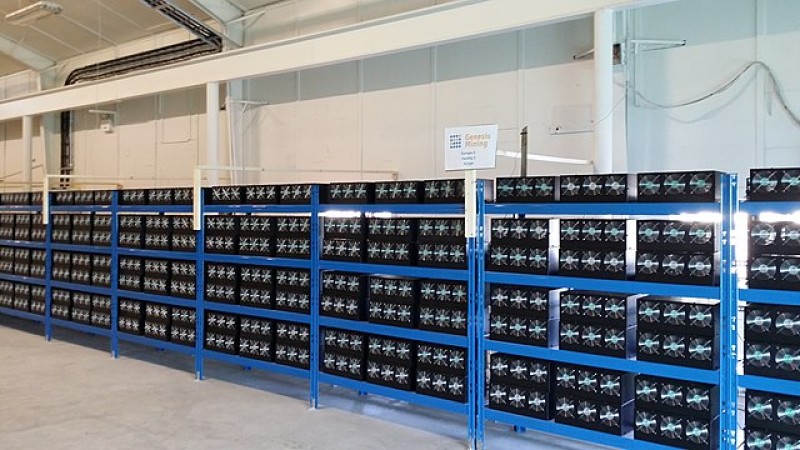According to the U.S. Justice Department’s statement released Monday, Sergei Potapenko and Ivan Turogin were partners in a series of intertwined fraudulent cryptocurrency schemes that allegedly defrauded hundreds of thousands of investors around the world.
The defendants then allegedly used shell companies to launder the more than half a billion dollars in illicit proceeds and to purchase real estate and luxury cars.
“The size and scope of the alleged scheme is truly astounding,” Nick Brown, U.S. Attorney for the Western District of the U.S. state of Washington, said in the statement. “These defendants capitalized on both the allure of cryptocurrency, and the mystery surrounding cryptocurrency mining, to commit an enormous Ponzi scheme.
“They lured investors with false representations and then paid early investors off with money from those who invested later. They tried to hide their ill-gotten gain in Estonian properties, luxury cars, and bank accounts and virtual currency wallets around the world. U.S. and Estonian authorities are working to seize and restrain these assets and take the profit out of these crimes.”
Oskar Gross of Estonia’s police cybercrime bureau described the joint investigation, which involved more than 100 police officers and 15 American agents, as “one of the largest fraud cases we've ever had in Estonia.”
According to the indictment, the pair founded a now-defunct cryptocurrency mining service called HashFlare in 2015. This company promised investors a share of the mining operations’ profits in exchange for their money. In reality, HashFlare had less than 1 percent of the computing power it claimed to have, according to prosecutors.
The fraudsters allegedly sought to stall investors seeking to withdraw their promised mining proceeds, requiring them to jump through hoops such as meeting “know your customer” regulations before they could be paid and dragging out the process. Investigators say investors entered into more than US$550 million worth of HashFlare contracts from 2015 until 2019, when the company shut down operations.
While HashFlare was operating, the Estonian pair founded another venture called Polybius in 2017, which was marketed as a virtual currency bank. The investors were promised dividends from Polybius’s profits.
Polybius, however, never came to be, and never paid dividends, the Justice Department said. The suspects allegedly raised US$25 million this way, transferring the proceeds to other bank accounts and virtual currency wallets under their control.
The indictment further states that Potapenko and Turogin laundered the stolen funds through a mix of shell companies, fake contracts and invoices and used the money to buy real estate in Estonia, six luxury vehicles, cryptocurrency wallets, and thousands of cryptocurrency mining machines which they used to mine cryptocurrency for themselves.
The duo, whose customers included residents of Washington, was arrested on an 18-count indictment in the Estonian capital of Tallinn.
Potapenko and Turogin are both accused of wire fraud and conspiracy to commit money laundering, punishable with up to 20 years in prison if convicted, the Justice Department said.
The U.S. seeks the extradition of the suspects.



